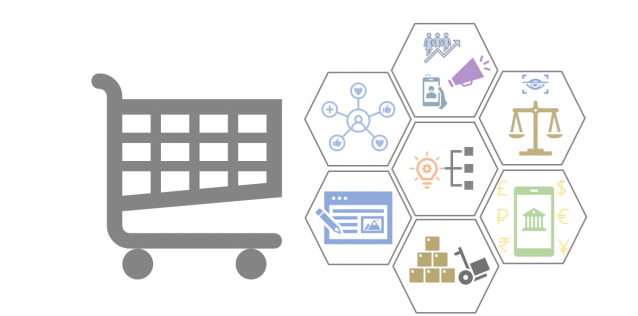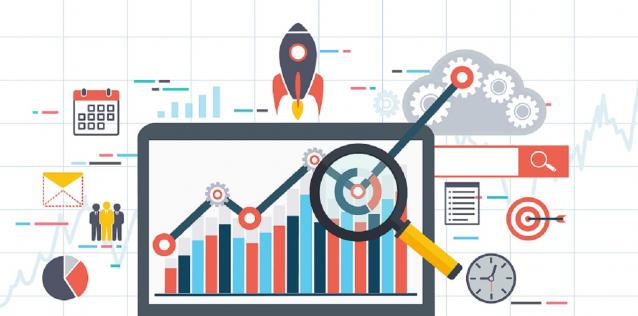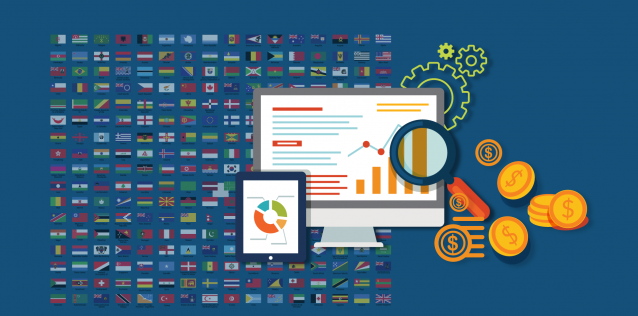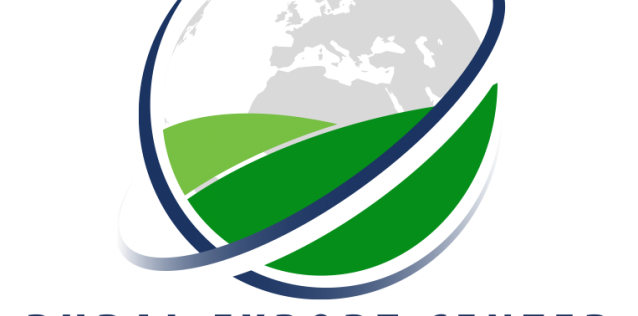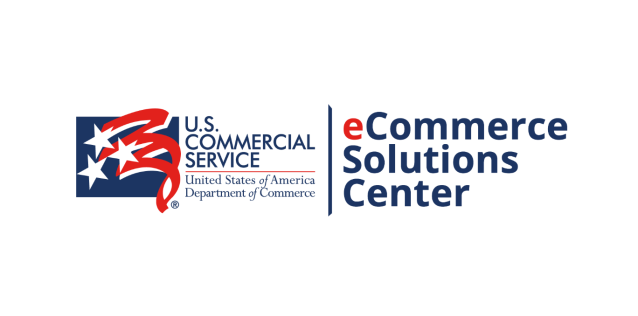US-EU TTC Focus Group
The Council Promoting Business Access To and Use of Digital Tools
The U.S.-EU Trade and Technology Council (TTC) established in June 2021 U.S.-EU Summit, a platform to promote cross-agency, whole-of-government coordination on key global trade and technology issues involving areas of trade and investment; avoiding new technical barriers to trade; cooperating on key policies on technology, digital issues, and supply chains; supporting collaborative research; cooperating on the development of compatible and international standards; facilitating cooperation on regulatory policy and enforcement; and promoting innovation and leadership by U.S. and EU firms.
In support of these recommendations, working groups are focused on stakeholder outreach and other virtual outreach sessions, such as best practice seminars for SMEs.
US Business Feedback Solicited for Official TTC Roundtable Discussions
In February 2022, to support continuing U.S.-EU TTC Roundtable official legislative discussions, TTC principles requested U.S. business feedback via focus group, focusing on our business client access to and use of digital tools and the EU. Input gathered during this Focus Group will be used to provide the TTC principles with your client’s input for official discussion.
Four US Field Offices reached out to their business client base to participate and provide valuable feedback to the TTC Roundtable: CS Pittsburgh US Export Assistance Center, CS Miami US Export Assistance Center, CS Omaha US Export Assistance Center, and CS Phoenix US Export Assistance Center. Business clients were selected based on their level of trade activity with the European region, and level of counseling activity with their Local Trade Specialist.
Business Clients Making Recommendations to Government
Deputy Assistant Secretary for Europe & Eurasia David de Falco presided over the focus groups and provided background and overview on the U.S.-EU Trade and Technology Council (TTC). Noting that the emphasis on technology cooperation to support commercialization and exports, he articulated how the TTC was a cooperative U.S.-EU effort to develop and deploy emerging technology in an aligned way, avoiding divergences that could cause problems for companies.
Focus group participants described the EU market as “very important, pivotal, and imperative for building a company in the US that serves clients around the world.” One of the TTC Focus Group attendees’ first client was an Italian bank. For another- despite custom, compliance, and localization challenges, they have adapted to do business in the EU including by creating in-country distribution networks. For yet another business client, operating in Europe represents huge potential, including future customers as the company is focused on other overlapping markets.
Focus Group Key Takeaways
- The EU Market is Significant for all TTC Focus Group participants, where sales to the European Union (EU) markets comprised an average 80% of total overseas sales;
- Privacy Policy Approaches Are Costly to companies seeking to comply with different frameworks, which is made more difficult for SMEs which lack the resources and bandwidth to actively engage in standards development organizations. General Data Protection Regulation (GDPR) is the key issue for the U.S. and EU to align on;
- A Full Definition of AI Technology is Needed and a discussion established between the USG and EU, on how the definition of artificial intelligence (AI) impacts companies on both sides of the US and EU;
- Export Controls Need to be Reassessed as manufacturers in the defense world in the U.S. and Europe try to keep out U.S. content because of paperwork and oversight required in US export license requirements. The main request from defense clients is to get direct access to help with export controls product classification issues and how better to facilitate this;
- A Creation of a Free Talent Zone was proposed, that would ease bureaucratic hurdles that prevent or slow EU and U.S. scientists, engineers, and AI /Machine Learning professionals from easily working across the EU/U.S. borders;
- Fund Manufacturing Capacity in the USA of Microchip Production amid supply concerns with Taiwan and China; Funding mechanism bill in Congress will be boon for US manufacturing companies domestically, but also helps them in working with UK, Germany and the rest of Europe.
Rodger Cloud participated in the TTC Focus Group — his company Cloud Microphones, is a manufacturer of retail products for audio and a client of the CS Tucson Export Assistance Center. Rodger states they have historically faced many challenges selling into the EU; for example on a distribution level, what has helped in Europe is they stopped having so many exclusive distributor contracts, stating “when distributors have more competition (even in their own backyard) their sales still go up.” He said it’s also challenging to address the bad actors that are using your trademark and selling fakes, and should be a central topic of discussion for policy-makers, stating “[counterfeiting] is a global problem that’s getting worse.”
DAS David de Falco concluded to the TTC Focus Group “There’s a lot of discussion on supply chains and ICT services and security — issues that are not unique to just us or to the EU. We are looking at these from a global perspective. The U.S. and EU together should lead on deployment of technology. Divergences allow Non-market economies (NMEs) to exploit our differences. Sharing info, discussing divergences, being vigilant will benefit all of us going forward.”
Return to eCommerce Frontline Library Content
Looking for more ecommerce resources?
